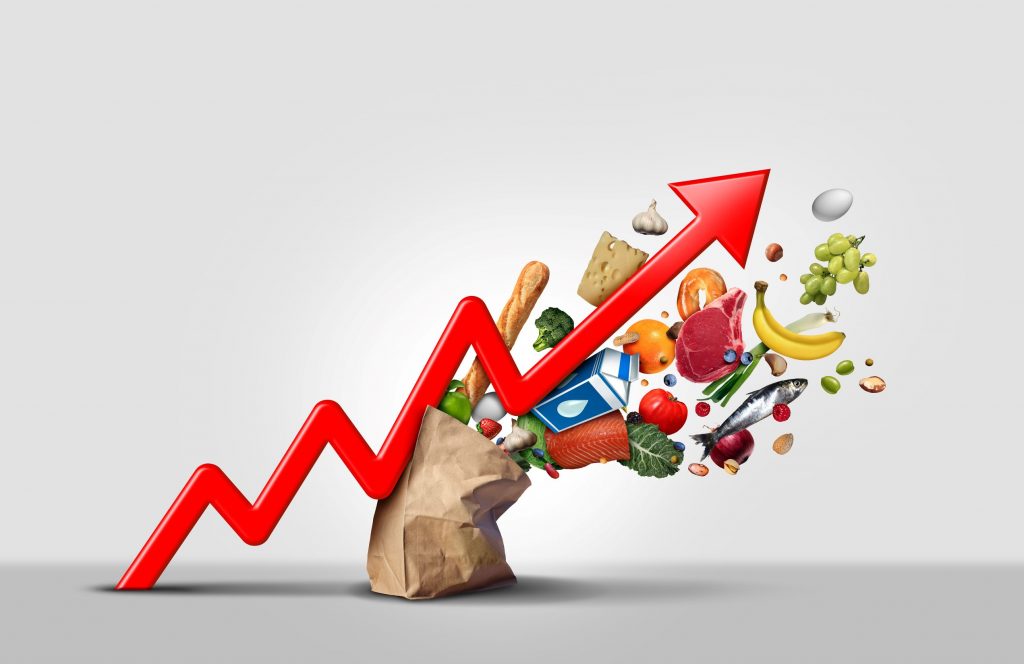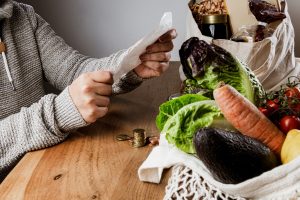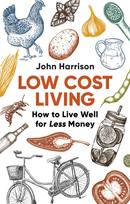 General inflation currently running at 10% is worrying many people. Every week the shopping basket costs more and as for fuel costs, they’re just horrendous. But this isn’t the first time we’ve had to cope with high inflation and fuel costs.
General inflation currently running at 10% is worrying many people. Every week the shopping basket costs more and as for fuel costs, they’re just horrendous. But this isn’t the first time we’ve had to cope with high inflation and fuel costs.
Back in 1971 inflation was 9.5% and in 1975 the rate hit an eye-watering 25%. Apart from a blip in 1978 when it fell briefly to 8.3%, before heading back up to 18% in 1980, we didn’t see low rates below 3% until 1993. Just to add to the misery, there was a fuel crisis back in 1973 due to OPEC imposing an embargo. The government was preparing to ration supplies before that was over.
During that period we developed strategies to cope with the economic problems. It seemed that whatever the government did, including price and wage controls, had little effect for any length of time. By the time we got a pay rise, prices had jumped ahead again.
For those of us with savings and private pensions, things are even more difficult. When interest rates are hovering around 1% and inflation is 10% your savings are actually losing 9% each year.
How we Lived With High Inflation
These tips help us and they may help you. Everyone is different so some of them will be more use to you than others. None of them are difficult
 Food Inflation
Food Inflation
Save with food. You know the price will be going up so when you see a bargain, grab it. So long as you use it before it goes off, use spare cash to buy stock for the store cupboard. Pasta, rice, dried beans and canned goods can sit on the shelf for years. Just make sure to use the oldest first.
Fresh food bargains like fish and meat that are reduced because they are hitting their use-by date can be frozen. Check the label says “Suitable for Home Freezing” as some fish has already been frozen. Even then you may be able to cook a bulk amount and freeze that. Cooking resets the clock with previously frozen foods.
Bulk Cooking is another great way to save money. With each meal you make try to double up quantities with a meal for now and a meal for the freezer. Reheating costs less in energy than cooking from scratch too.
Grow your own. They reckon a family can save £2,000 a year by growing their own. I think that’s stretching things but you certainly can save significant amounts. It’s a fascinating hobby that pays you! My book Vegetable Growing Month by Month is aimed at the inexperienced grower and Dig for Victory provides the basic guides that fed the country in a war.
 Petrol & Diesel Costs
Petrol & Diesel Costs
With car fuel so expensive it’s worth looking for savings.
Plan your journeys. If you go shopping don’t drive out to one shop and then another the next day. Look for the most efficient route – it will save your time as well.
Car share – perhaps you and a workmate live near and can split the cost between you.
Do you need to use a car? Walking to your destination will help keep you fit whilst saving money. Perhaps you could cycle or maybe get an electric bicycle to help when you’re tired.
Delivery charges versus fuel. We live in a rural area, our nearest small supermarket is 7 miles away and a visit costs near £4.00 in fuel etc. The large supermarket is 15 miles away. We get our groceries delivered 3 times a month for £8.00 (Tesco). Delivery costs are a pain, but often cheaper than driving to the shop.

